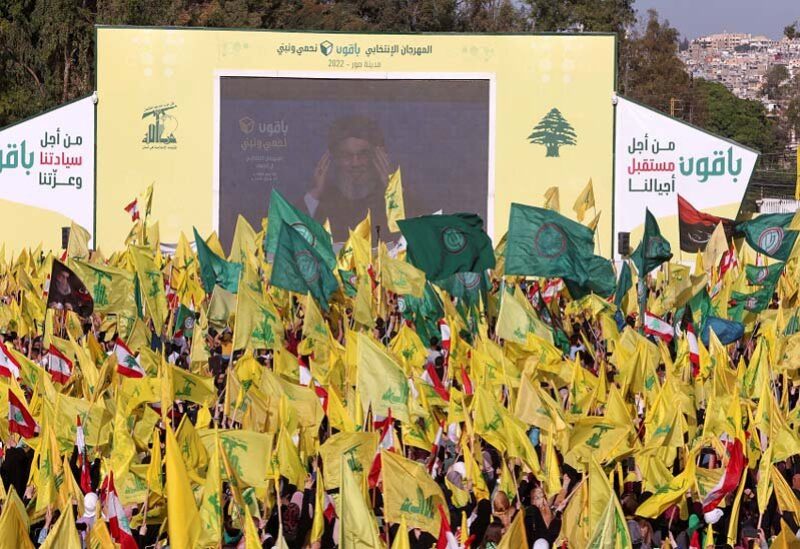
Hezbollah
The parliamentary election results raise questions about whether the Iranian mission in Lebanon is in risk or is imposing the failures that threaten it across the region, where Iraq is experiencing a rejection of Iran’s power. Furthermore, there is international agreement on a new presidential council to govern Yemen, and in Syria, Israel is targeting Iranian and Hezbollah forces, despite the fact that these forces expanded the role of a large part of the Russian military presence following the outbreak of the war on Ukraine.
While Qassem Soleimani, the former head of the Quds Force, bragged that Iran controlled four Arab capitals, all the way to the Mediterranean.
Diplomatic sources explain to Sawt Beirut International the reasons for the start of the collapse of the Iranian project in the area, despite the fact that the Lebanon file differs from the files of Iraq, Syria, and Yemen. As well since the privacy that each file has, as Hezbollah in Lebanon cannot govern all Lebanese under the guise of resistance, having joined the system and contributed to the transition from wealth, building, and stability to collapse, tyranny, and repression in numerous domains.
As a result, he failed to govern the country via hegemony, which the people saw as a threat to their present and future. Resistance against Zionism is no longer a phrase that entices the Lebanese or Arab people, nor is it a slogan that entices the party’s majority, especially those who did not vote, and the reluctance to vote is a negative message to Hezbollah in and of itself.
According to the reports, the economies of the nations where the Iranian regime operated deteriorated and failed. As a result of poverty, hunger, and despair, it has become comparable to the Iranian economy, where people have returned to the streets to protest against its authorities, to the point of demanding their removal.
Iran’s bets are in prolonging the war in Yemen, prolonging the confrontation in Lebanon, prolonging the Syrian war, and controlling Iraq and all files.
In Iraq, the Federal Court’s rulings were seized, thereby disrupting political life and attempts to legitimize militias, as they are in Lebanon. According to reports, the cost of construction in Iran’s neighboring nations is far more than the cost of conflicts, confrontations, and devastation, hence the weapons were utilized on that premise. Otherwise, the topic of the Houthis, the Popular Mobilization Forces, and “Hezbollah” in Lebanon, Syria, Iraq, and Yemen would not be raised.
According to the sources, Lebanon’s dilemma is complicated and not limited to Hezbollah, but also to a political system that tolerated the party’s Christian beliefs and shared the profits.
Now, the party claims it will collaborate and reach out to the parties. Would it truly extend its hand, or will the country see a fresh upheaval in terms of government formation and presidential elections?
Iran has planted the party in the nation since 1982, and it is interested in providing cover for its weapons and administering the government in it. It offers its hand to the parties, but this requires trust. And the issue is, will he genuinely be receptive to collaboration? Will the sovereigns’ security be jeopardized?